
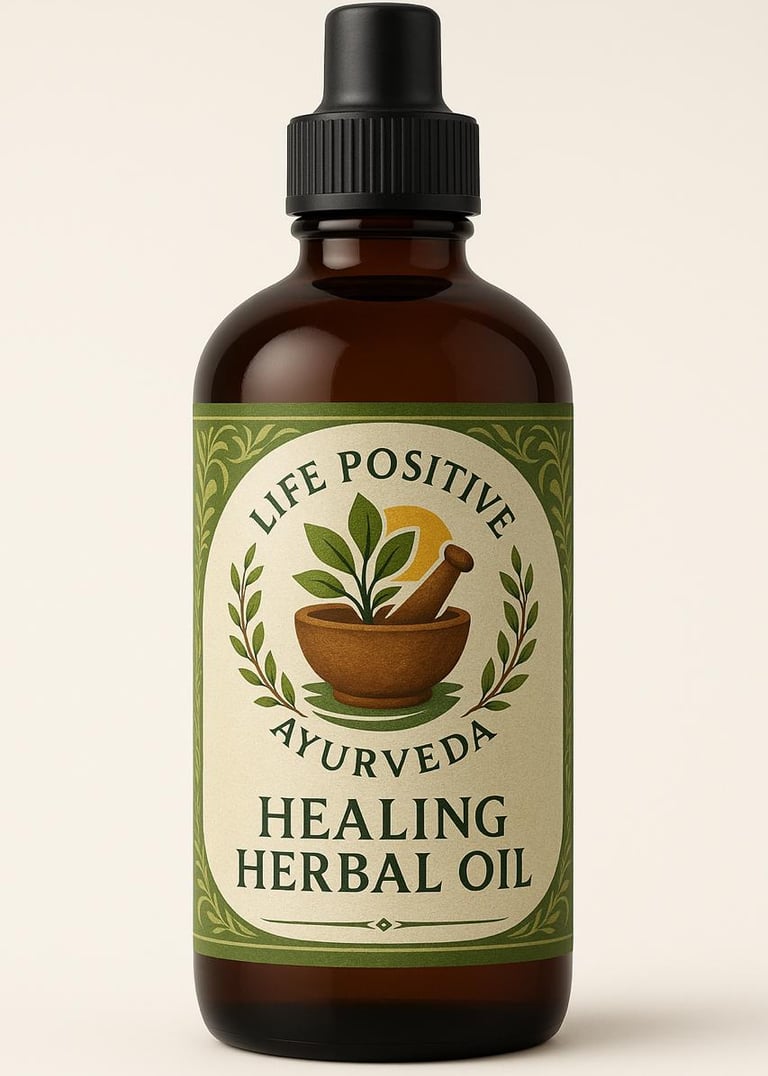

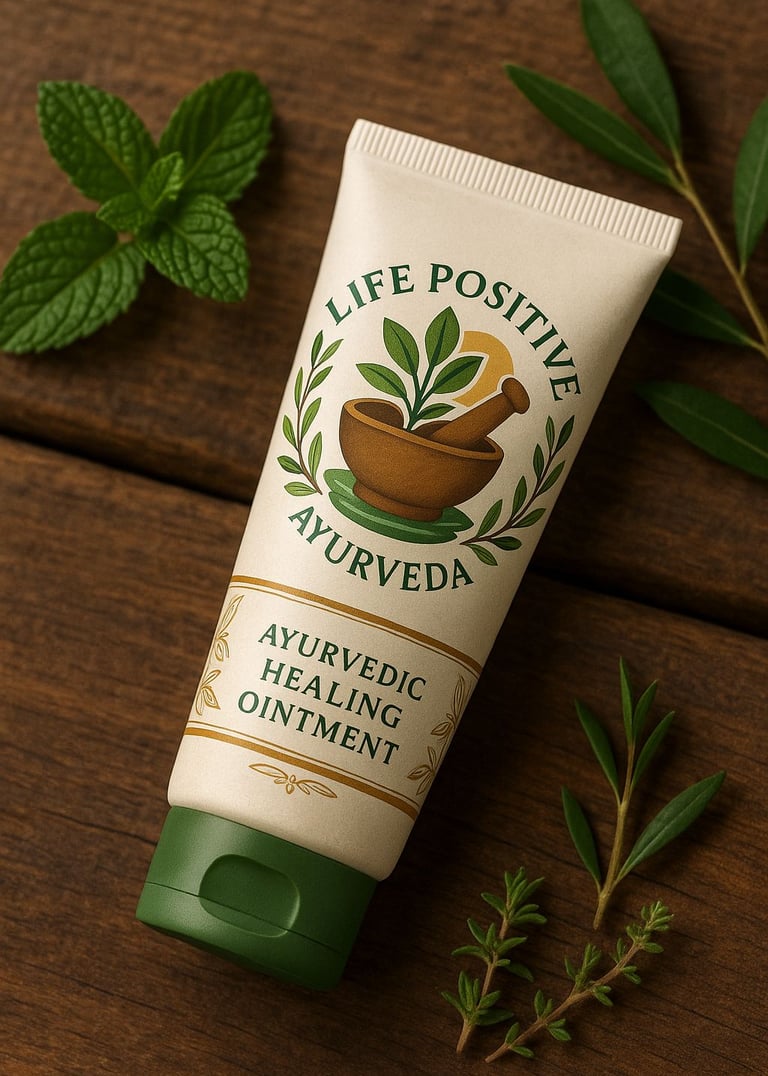

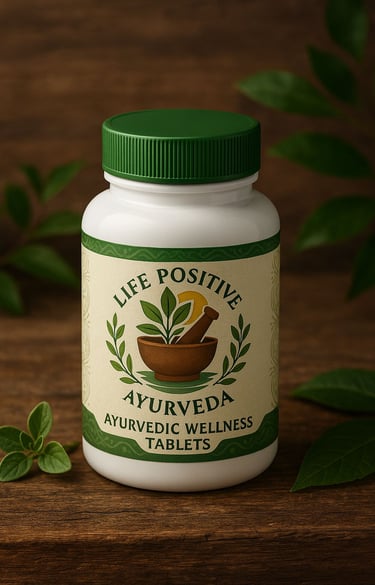

Our Products

Testimonials
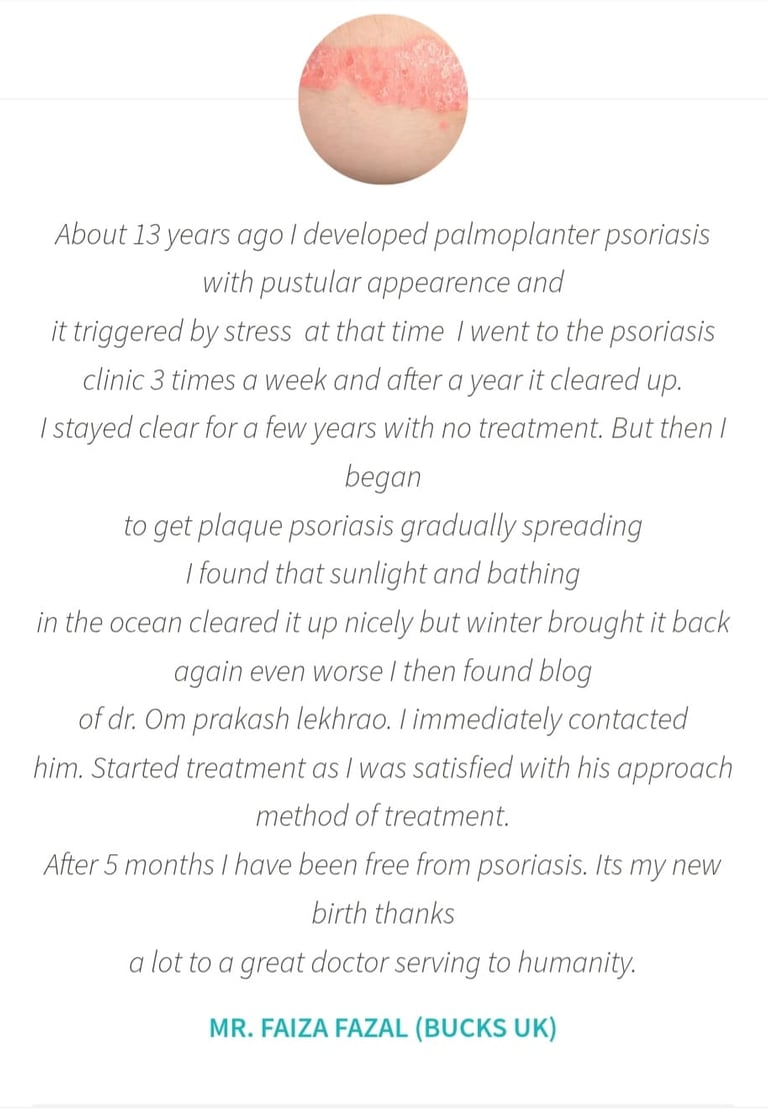

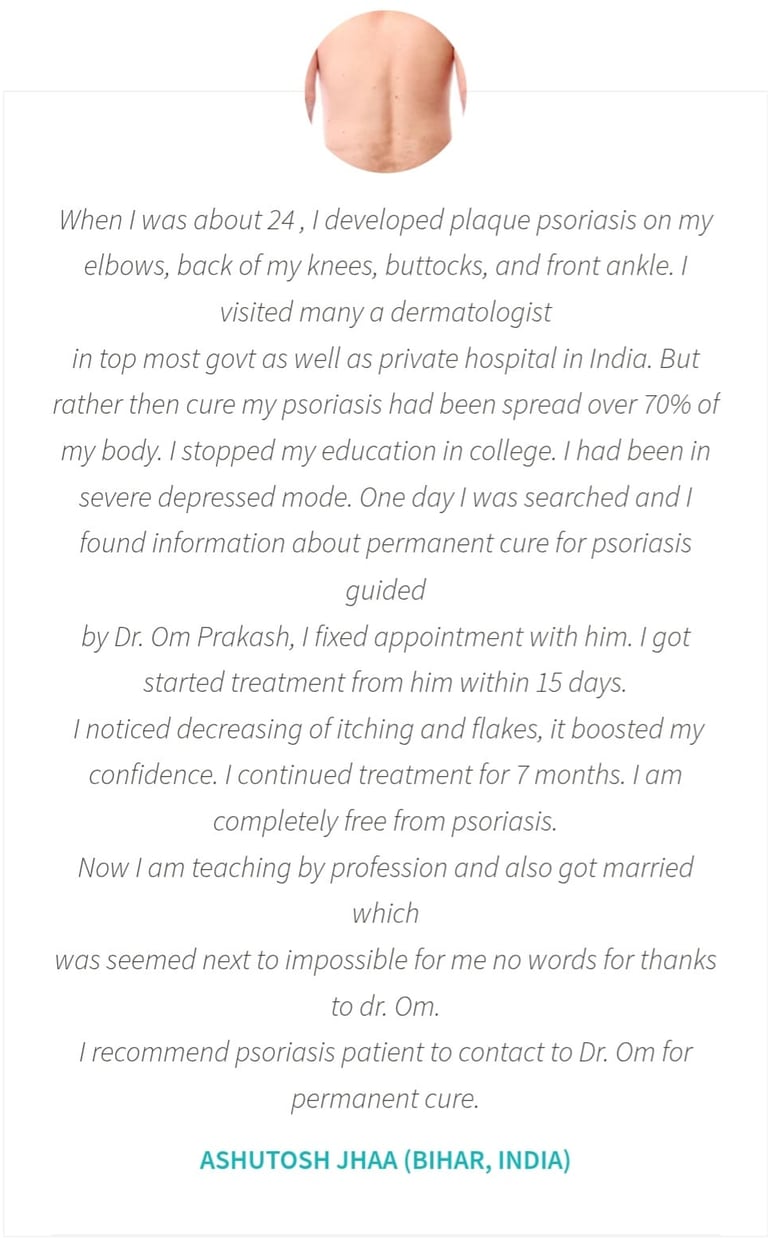

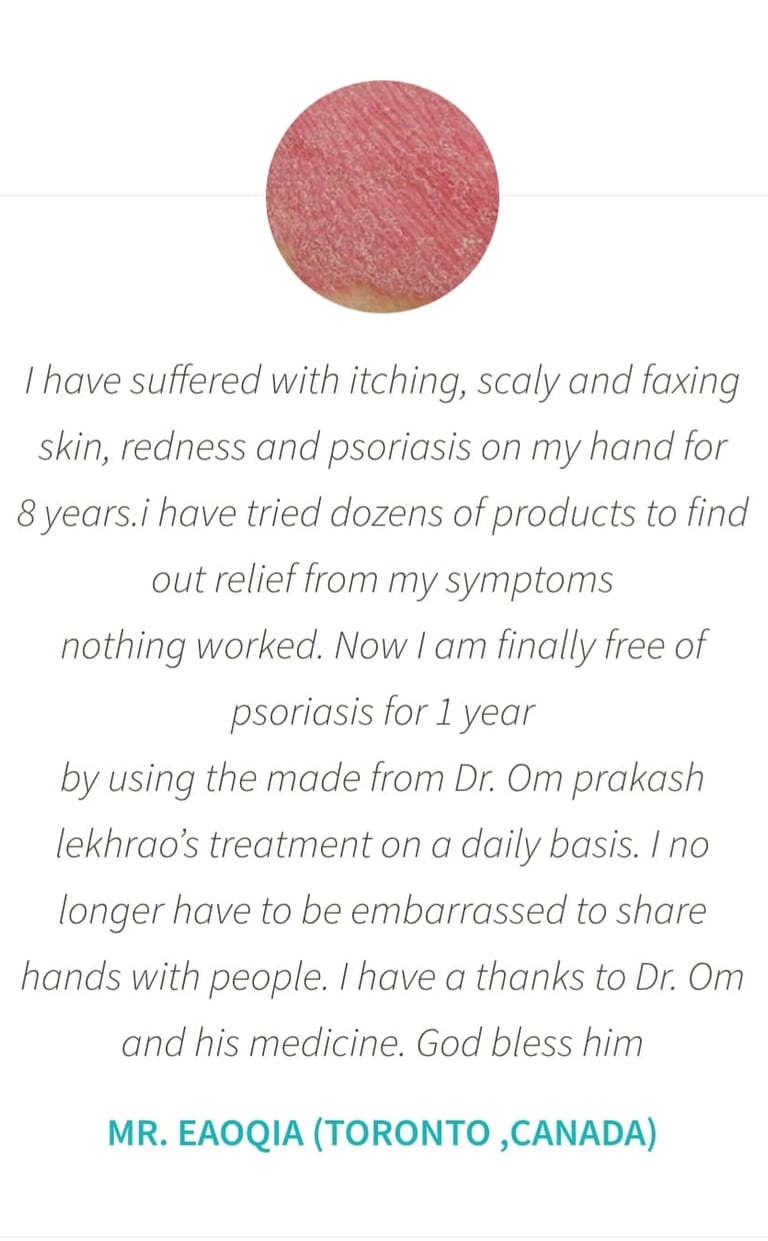

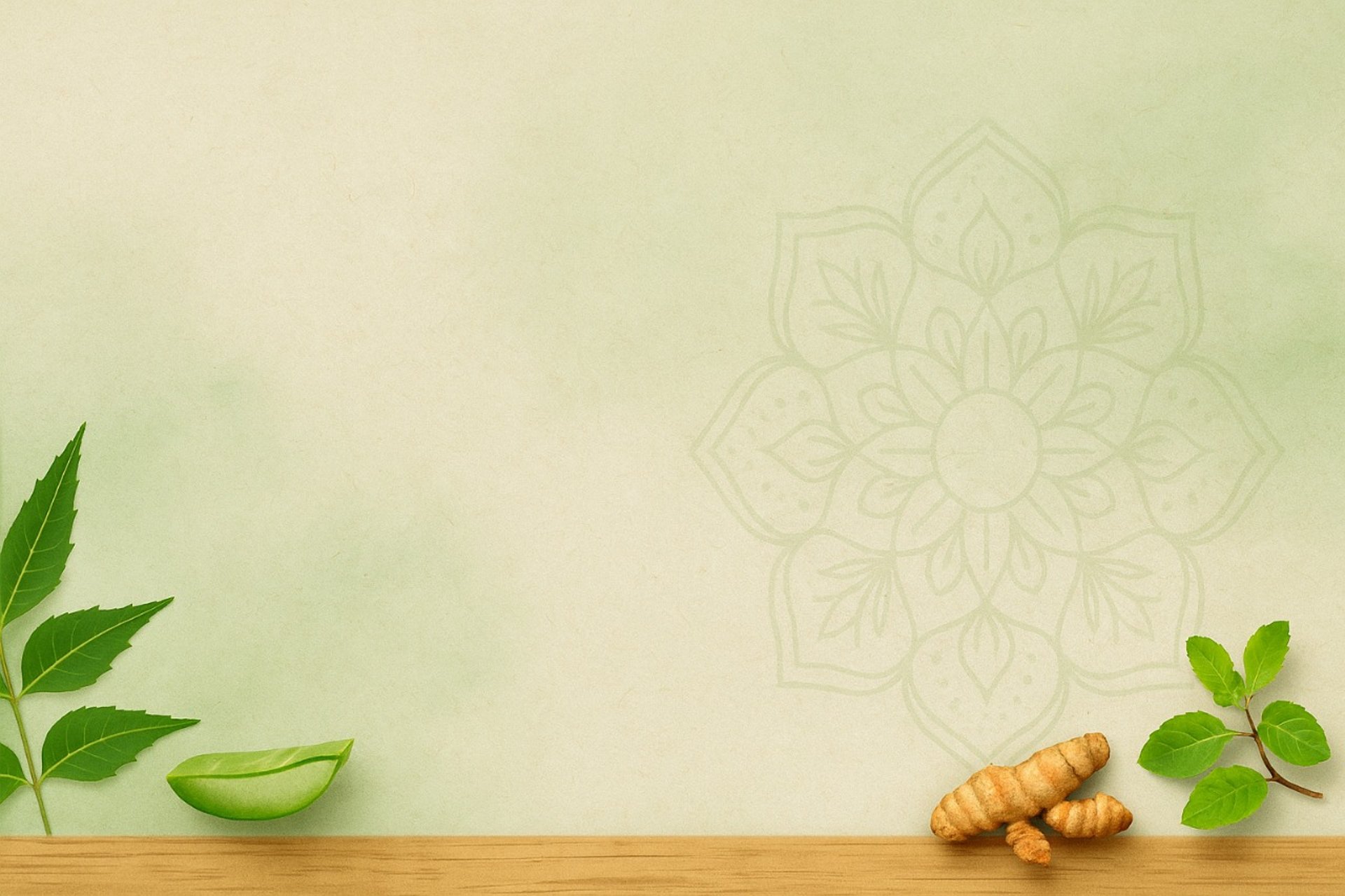
FAQs

Q1. What is psoriasis?
A1. Psoriasis is a chronic skin condition where skin cells grow too quickly, leading to red, itchy, scaly patches. It is not contagious but can be long-lasting without treatment.
Q3. How is Ayurvedic treatment different from modern medicine?
A3. Modern medicine often uses steroids and creams for quick relief. Ayurveda focuses on the root cause, balancing the body through herbs, diet, and detox to give long-term results without harsh side effects.
Q2. Can Ayurveda treat psoriasis?
A2. Yes. Ayurveda views psoriasis as an imbalance of doshas (especially Vata and Kapha) and offers herbal medicines, dietary guidance, detoxification, and lifestyle changes to manage it naturally.
Q4. How long does it take to see results with Ayurvedic psoriasis treatment?
A4. Response varies by severity and lifestyle. Mild cases may improve in 4–6 weeks, while chronic cases can take 3–6 months of consistent treatment.
Q6. What forms of medicine are included in treatment?
A6. Treatment packages often include herbal oils, capsules, powders, and ointments that work together to reduce scaling, itching, and inflammation.
Q5. Are Ayurvedic medicines safe?
A5. Yes. They are plant-based and prepared under strict quality control. Unlike steroids, they are gentle on the skin and internal organs.
Q7. Can Ayurvedic treatment cure psoriasis permanently?
A7. Psoriasis has no permanent cure in any system of medicine. Ayurveda helps control flare-ups, extend remission, and improve quality of life naturally.
Q8. Do I need to follow a special diet?
A8. Yes. Avoiding red meat, dairy, junk food, alcohol, and excessive spices is advised. Favor fresh vegetables, fruits, whole grains, and warm water.
Q9. Will the treatment stop itching and scaling?
A9. Yes. Herbal oils and medicines gradually reduce inflammation, calm itching, and restore normal skin texture.
Q10. Is Ayurvedic treatment suitable for all ages?
A10. Most formulations are safe for adults of all ages. For children, customized milder medicines are recommended.
Q11. Can I use Ayurvedic treatment along with allopathic medicines?
A11. In many cases, yes. However, you should consult our Ayurvedic doctor before combining to avoid interactions.
Q12. Are there side effects of Ayurvedic psoriasis treatment?
A12. When taken under guidance, side effects are minimal. Rarely, mild digestive changes may occur during detox therapies, which usually settle quickly.
Q14. Will stopping the treatment cause psoriasis to return?
A14. Psoriasis may relapse due to stress, diet, or seasonal changes. Continuing lifestyle and dietary advice helps keep flare-ups minimal.
Q13. Do I need to undergo Panchakarma?
A13. Panchakarma (Ayurvedic detox) is highly effective for chronic psoriasis. It helps remove toxins and restore balance but is optional for mild cases.
Q15. Is Ayurvedic treatment expensive?
A15. Costs are moderate compared to repeated allopathic treatments. Packages are designed to be affordable and long-lasting.
Q16. How is progress monitored?
A16. Improvement is tracked through visible skin changes, reduction in itching, and photographs taken before and after treatment.
Q17. Do I need to visit a clinic, or can treatment be done at home?
A17. Most Ayurvedic psoriasis treatments can be followed at home with guidance. Severe cases may benefit from short clinic-based therapies.
Q18. Can Ayurvedic treatment help with scalp psoriasis?
A18. Yes. Medicated oils and shampoos specifically target scalp scaling and itching while improving hair and scalp health.

© 2025. All rights reserved.